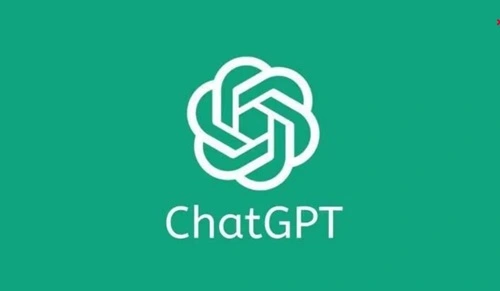ChatGPT, developed by OpenAI, has rapidly grown to become one of the most prominent AI tools globally, thanks to its versatile language generation capabilities. However, many wonder how a tool that is widely accessible, including a free version, can generate profit. OpenAI employs a multi-faceted business model that integrates various revenue streams, including subscriptions, API usage, licensing, and partnerships.

1. Subscription Plans
One of the primary ways ChatGPT generates revenue is through subscription services. OpenAI offers a premium plan called ChatGPT Plus, which costs $20 per month. This subscription provides users with enhanced features, including faster response times, access to the latest language models (like GPT-4), and priority during periods of high demand. Free users still have access to ChatGPT, but they experience more downtime, particularly when traffic is heavy, and are limited to older versions (e.g., GPT-3.5). By offering a tiered system, OpenAI allows users to choose based on their needs, while ensuring a steady flow of revenue from paying customers.
2. API Usage
Another significant source of income is the API that OpenAI provides to developers and businesses. Companies can integrate ChatGPT’s language capabilities into their applications, websites, or tools, paying for the service based on usage. The pricing is structured around “tokens”—small chunks of text processed by the model. The cost varies depending on the model used; for example, GPT-4 commands a higher fee than GPT-3.5, reflecting its more advanced capabilities. This API usage model is especially lucrative as it scales easily across industries, from customer service to content creation.
3. Licensing and Partnerships
OpenAI has formed strategic partnerships, most notably with Microsoft. Microsoft invested heavily in OpenAI (reportedly $10 billion) and incorporates ChatGPT’s technology into its products, such as the Copilot feature in Microsoft Office and the Bing search engine. OpenAI earns through licensing these technologies to Microsoft, as well as other companies that wish to integrate ChatGPT into their platforms. This partnership not only boosts OpenAI’s revenue but also extends the reach of ChatGPT’s technology to millions of corporate users globally.
4. Investments and Startup Funding
OpenAI also receives revenue through investments and equity stakes in startups. OpenAI’s $100 million Startup Fund focuses on investing in early-stage companies that are building on AI technologies. In exchange for its investments, OpenAI takes equity stakes, allowing it to profit when these startups grow or are acquired. This long-term approach not only diversifies OpenAI’s revenue streams but also strengthens its foothold in the broader AI ecosystem.
5. Continuous Improvement and R&D
While OpenAI’s business model is robust, it is also heavily supported by ongoing research and development (R&D). OpenAI continually invests in improving its AI models, which helps maintain its competitive edge. The high costs of infrastructure, including maintaining data centers and the computing power needed to run AI models at scale, are balanced by the income generated from their services. This focus on constant improvement ensures that customers receive cutting-edge AI solutions, justifying premium pricing models.
6. Challenges and Future Prospects
Despite generating significant revenue—estimated to reach $1 billion annually—OpenAI faces challenges in achieving profitability. The high costs of running advanced AI models, such as GPT-4, are substantial, with reports indicating that development and operational expenses still outpace earnings. However, with continuous advancements and the expansion of enterprise offerings like ChatGPT for Businesses, OpenAI is on a trajectory towards sustained growth and profitability.
Conclusion
OpenAI’s business model for ChatGPT is diverse and forward-thinking, leveraging multiple income streams like subscriptions, API usage, licensing, and partnerships. With ongoing innovations and a solid foundation in AI development, OpenAI has positioned ChatGPT as a highly valuable tool in the AI landscape. Although the company faces high operational costs, its multifaceted approach ensures a steady flow of revenue, making it a key player in the future of AI technology